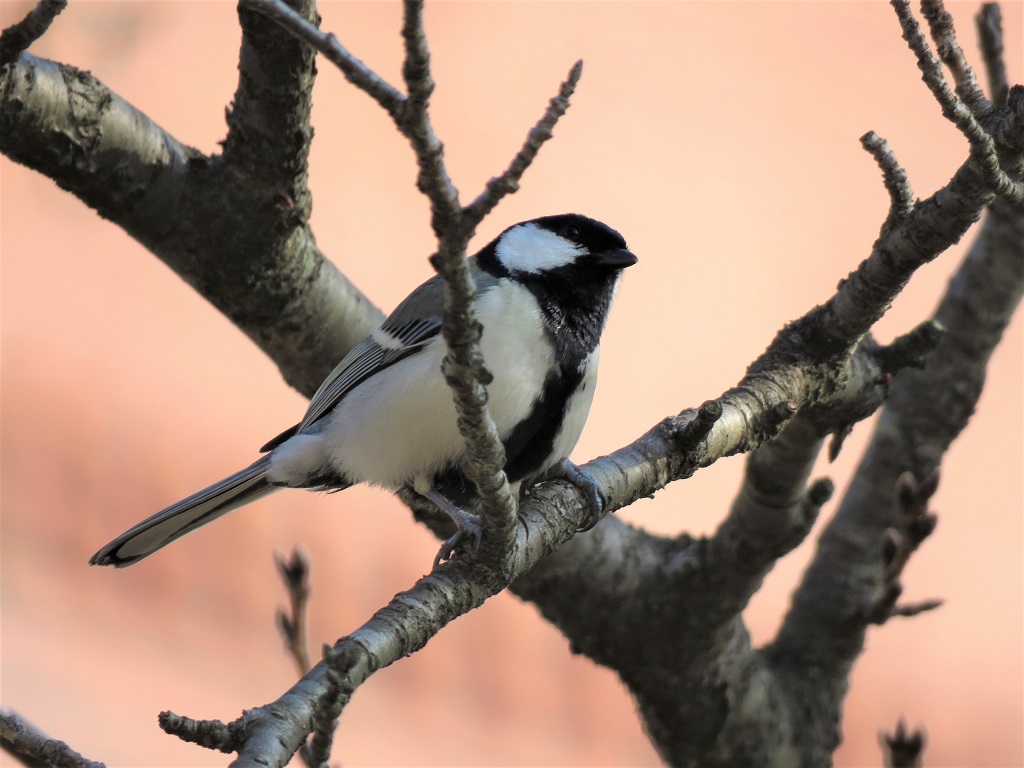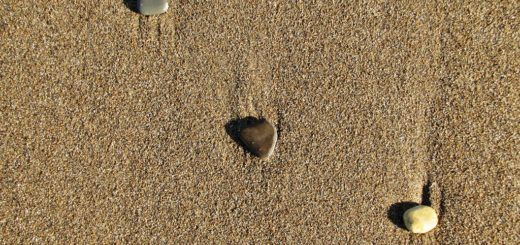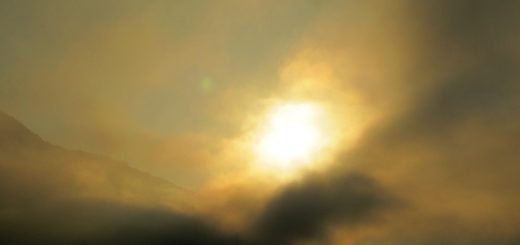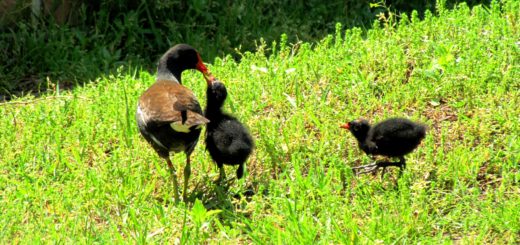Reflections: Fear & Silence
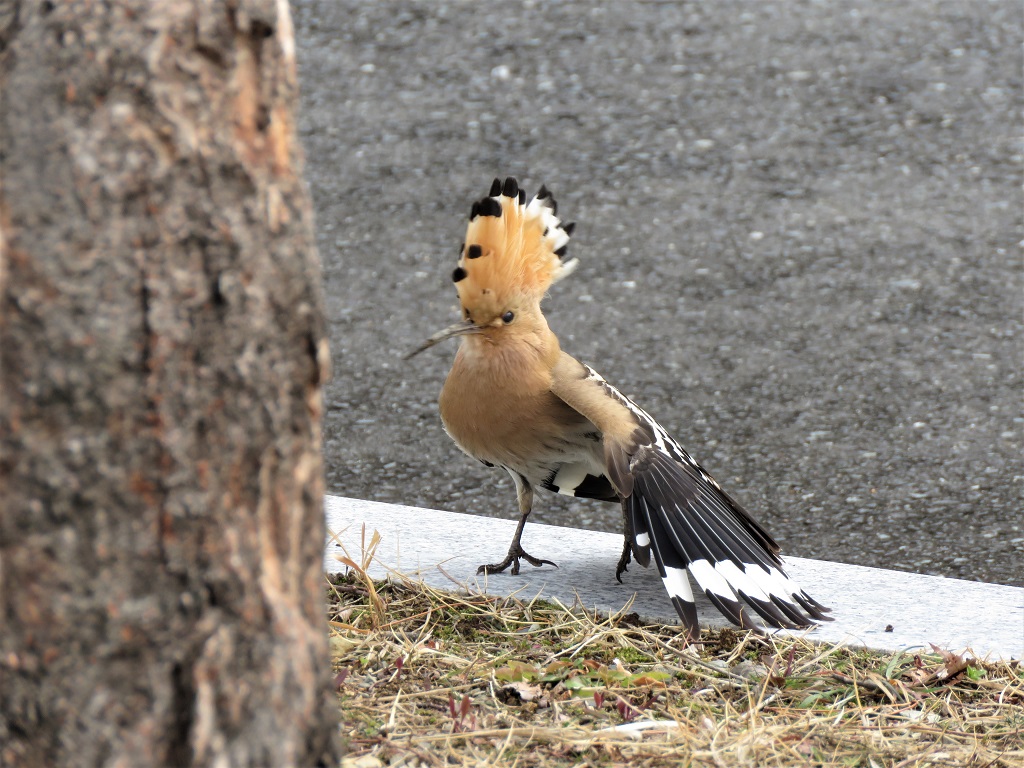
It’s a quiet Saturday here in Day Something of the emergency to end all emergencies. I am hiding out in my favorite work space, trying to make the most of the unexpected time afforded by the corona-virus-delayed start of the spring semester. “Never let a crisis go to waste,” as Rahm Emanuel, a Clinton-Obama strategist and thug, famously said.
Without further ado, then, let’s get on with today’s diversions.
People in the grip of fear do irrational things. The essence of courage, by any definition, is the ability to manage one’s fear, which means to process fearful conditions without succumbing to the dominance of that passion.
Fear as such cannot be eliminated; nor should it be. Without the capacity to feel fear, we would be as unsafe as one who could not feel pain — repeatedly placing ourselves in the way of potentially mortal danger without any internal signal mechanism to alert us to risks. The innate ability to feel pain is necessary for our survival. The learned ability to accept pain, in certain measures, under certain conditions, for the sake of more essential concerns, is a matter of good character, which is to say of practical reason and self-discipline.
The courageous man, by analogy, is not he who experiences no fear, but rather he who, in the midst of fear-inducing conditions, keeps his head and makes rational decisions, meaning decisions that take the full context into account, rather than overemphasizing the object of the passion, fear. In other words, unchecked fear ignites the imagination, creating dangers and dire forecasts that usurp reason in the soul’s government, reconfiguring experience so as to exaggerate the size of the frightening thing, thus diminishing the relative scale and relevance of everything around it. Correspondingly, the natural desire to avoid the frightening object becomes unnaturally outsized relative to all other — perhaps more fundamental — desires or wishes.
I think of these matters today — imagination vs. reason, passion vs. self-discipline, scary giants vs. proportionality — as I look around at a world in the grip of epidemic fearmongering, political demagoguery, and mass manipulation.
This building, silent —
the mind has no obstacles,
no noise, in or out.
There is a kind of silence that frightens, but this fact all too often becomes over-generalized, causing us to dread silence itself, rather than to recognize it as one of nature’s great gifts.
When I speak of silence, I am thinking not of the everyday momentary absence of sound, which occasionally surprises or pleases us, or allows us to get our work done, or to sleep. I am thinking of the kind of spiritual isolation that is so complete one almost senses that Existence herself has forgotten one is there at all. This is perhaps comparable to the silence Emily Dickinson had in mind when she wrote:
There is no Silence in the Earth – so silent
As that endured
Which uttered, would discourage Nature
And haunt the World.
It must be noted that although Dickinson says this Silence would discourage Nature and haunt the World, she is careful to observe that its horrible discouraging power is unleashed by uttering it. Left unuttered, or before it is uttered, this powerful Silence is merely “endured” — silently, we may say — and thus, it seems, not discouraging and haunting to Nature and the World. That is, the discouragement to Nature and the World is the result of a lack of endurance or forbearance in the soul of the one subject to this Silence — lack of the courage needed to accept the burden of the Silence, rather than succumbing to the weak urge to unleash it on a world that would only be discouraged by its utterance.
The highest thought is forged in the Silence. The highest speech is the moderate mask — the irony, if you will — of the Silence, as the thought finds a way to communicate itself without discouraging Nature or haunting the World.
